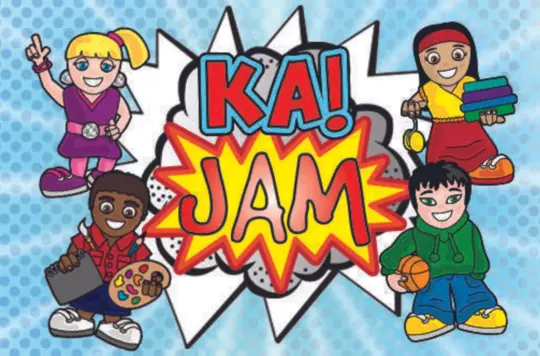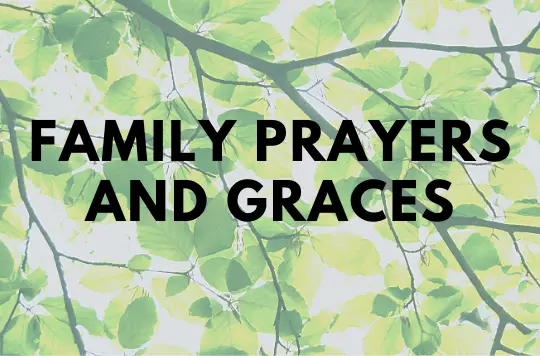17 June 2022
Kids Alive! World: It's Stop Cyberbullying Day
Helping children live a healthy and an active lifestyle and care for their physical, mental and spiritual wellbeing

The Kids Alive! team unpacks what cyberbullying is and how to stay safe online.
- Share this article with children in your family or your children's worker at your corps so they can pass it on – you may find the advice helps you too!
In 2012, the Cybersmile Foundation began Stop Cyberbullying Day as a global day of awareness about cyberbullying. It takes place every third Friday in June – this year that’s today, 17 June.
It brings together people from around the world and provides an opportunity for everyone to commit to a kinder and more inclusive internet.
What is cyberbullying?
Cyberbullying is any bullying that takes place online including social media and messaging. It can include starting rumours about someone, making threats, creating and sharing embarrassing images or name-calling.
Some people find it easier to communicate with others online. It can be a great place to find people who have the same interests as you or connect with friends and family who live far away. The internet is amazing but it could be even better without bullying, harassment and abuse.
Everyone should be able to enjoy the benefits of the internet without having to worry about people being unkind to them.
Bullying or banter?
Did you know that something that is meant as a joke or banter can actually hurt someone’s feelings? In a recent study, researchers found that a lot of young people think that calling something ‘banter’ can be used as an excuse for bullying.
You might have also heard someone say ‘No offence, but...’ and then say something that is upsetting or offensive anyway. Using a phrase like this doesn’t stop what you say from being unkind.
When communicating with people online you can’t always hear the other person’s voice or see their face, so sometimes messages can come across as unkind when that wasn’t what was meant. Make sure you always think about what you say and how you say it, and always be kind – online or in person.
Crossing the line
It’s OK to have different opinions – it makes the world interesting! However, you might see something online that you think has crossed the line and insulted you or someone else. No one should feel upset, threatened or in danger because of the internet and what people say to them.

If you see something online that you think has crossed the line into bullying, make sure you speak up about it, but don’t make it a personal attack. Know that it’s not your fault, but try not to retaliate as this could make it worse. Save the evidence and consider blocking that person so you cannot interact again. It’s important to stay calm and remember the value of friendship.
If a calm conversation doesn’t help then speak to a trusted grown-up. There are also organisations such as Cybersmile who can help if you need it.
Remember to be SMART!
When you’re using the internet remember these five tips to stay safe and happy:
- S = Safe
Keep your personal information secure and don’t share it with anyone.
- M = Meet
If someone you only know online asks you to meet up then tell a grown-up straight away.
- A = Accepting
Don’t accept any links, adverts or requests from someone if you are unsure who they are or what they’ve sent.
- R = Reliable
You can’t trust everything you see on the internet as it might be out of date, inaccurate or not entirely true, so check with other sources.
- T = Tell
It is important to tell a trusted grown-up if something or someone makes you feel upset, worried or confused.
Find out more at saferinternet.org.uk.
Discover more

Support, training and resources to inspire families and individuals to flourish and develop in their faith journey.



